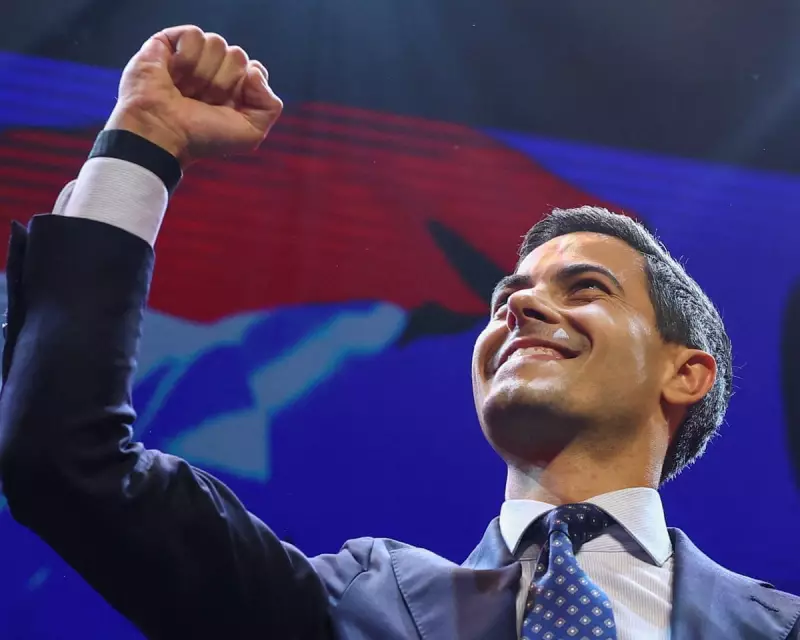
In a dramatic twist that has sent shockwaves through European politics, Geert Wilders and his far-right Freedom Party (PVV) face being locked out of power despite their strong election performance, as centrist rivals orchestrate an unprecedented alliance to keep him from government.
The Coalition That Changes Everything
Four major centrist and centre-right parties have begun formal negotiations to form a government that would deliberately exclude Wilders' party, which emerged as the largest single party in last week's election. This bold move represents a fundamental shift in Dutch political strategy and could reshape the country's governance for years to come.
The potential coalition brings together the centre-right VVD, the new centrist NSC, the social-liberal D66, and the centre-left GroenLinks-PvdA alliance. Together, they would command a comfortable majority in the 150-seat parliament, effectively marginalising the PVV despite its electoral gains.
Why This Marks a Political Earthquake
This development is particularly remarkable because it breaks with the long-standing Dutch tradition where the largest party typically leads government formation talks. Wilders' PVV won 32 seats in the election, making it the single largest party, yet he now finds himself potentially shut out of power entirely.
"This is unprecedented in modern Dutch politics," explains political analyst Dr Eva van der Berg. "For decades, we've operated on the principle that the election winner gets first shot at forming a government. What we're seeing now is a conscious, deliberate effort to create a 'cordon sanitaire' around the far-right."
The Key Players in This Political Drama
The negotiations are being led by some of the most influential figures in Dutch politics:
- Dilan Yeşilgöz-Zegerius (VVD): Her party's decision to openly consider governing with Wilders' rivals marks a significant departure from their previous position
- Pieter Omtzigt (NSC): The former Christian Democrat has emerged as a crucial power broker whose new party holds the balance of power
- Rob Jetten (D66): Leads the social-liberal faction that has consistently opposed cooperation with Wilders
- Frans Timmermans (GroenLinks-PvdA): The former EU commissioner brings substantial political weight to the anti-Wilders alliance
What This Means for Dutch Voters
The potential centrist coalition represents a direct challenge to the protest vote that propelled Wilders to his election victory. Many political observers see this as establishment parties drawing a line in the sand against the far-right's immigration-skeptic and Eurosceptic agenda.
The coalition partners are expected to focus on pragmatic solutions to the Netherlands' pressing issues, including housing shortages, climate policy, and economic stability, while maintaining the country's traditional pro-European stance.
Broader Implications for European Politics
This development in the Netherlands is being closely watched across Europe, where far-right parties have been gaining ground in several countries. The success or failure of this centrist alliance could serve as a blueprint for other European nations grappling with similar political challenges.
"If this coalition holds together," notes European politics professor Mark Jensen, "it could inspire centrist parties elsewhere to overcome their differences and form similar bulwarks against the far-right. This isn't just about Dutch politics—it's about the future direction of Europe."
As negotiations continue behind closed doors, the political future of the Netherlands hangs in the balance. One thing is certain: the traditional rules of Dutch politics are being rewritten before our eyes.





